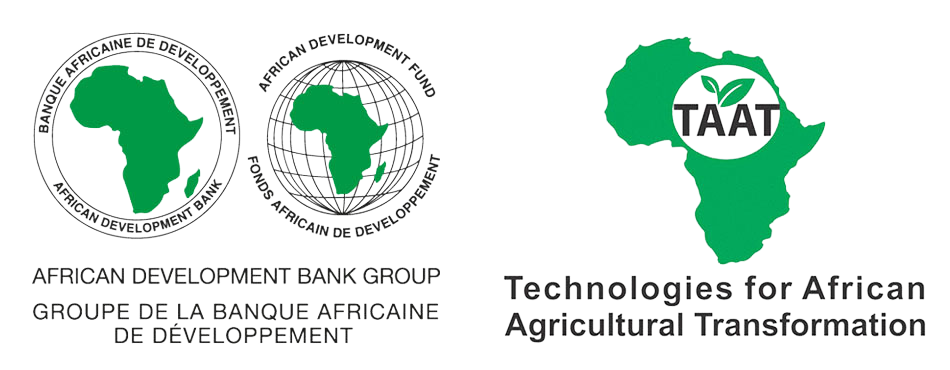

Structure, Trace, Scale & Connect with Solutions
eProd is an interoperable supply chain management system for the agricultural sector. It helps companies that work with many small-scale farmers to organize their supply chains more efficiently. With eProd, businesses can keep records of farmers, track production, monitor crop health, manage payments, and ensure traceability of products.
The platform works even without internet in the field and can interoperate with other tools like financial services, advisory platforms, and hardware such as weighing scales or soil testers. It also allows sending SMS messages to farmers with market prices, weather updates, or training information.
By using eProd, agribusinesses can reduce losses, improve farmer relationships, meet international standards, and grow their operations in a structured and data-driven way.
This technology is pre-validated.
No formal IP rights
Agribusinesses and private sector actors across Africa are increasingly adopting digital platforms like eProd to improve efficiency, transparency, and profitability in their supply chains. eProd offers a flexible and modular system that supports farmer registration, contract management, production monitoring, traceability, and digital payments—enabling companies to scale operations, meet buyer standards, and reduce post-harvest losses. The system also supports compliance with international requirements such as the EU’s deforestation-free regulation, helping businesses maintain market access and strengthen buyer confidence.
Initial Engagement
Contact eProd Solutions to present your business needs and operational goals.
Schedule an intake session to assess how eProd can be customized to fit your structure and workflow.
Licensing Agreement
Select the most appropriate plan based on the number of farmers you work with:
Basic: 1,254 USD/year for up to 1,000 farmers
Standard: 3,135 USD/year for up to 5,000 farmers
Standard Plus: 5,016 USD/year for up to 10,000 farmers
Additional farmers: 0.23 USD per farmer annually
Sign a License and Service Agreement to begin setup and receive support.Infrastructure Setup
Equip field officers with smartphones (basic Android is sufficient).
Ensure stable internet access in key locations for data syncing—offline features are available for remote areas.
Data Preparation
Organize farmer data, GPS field locations, and procurement records for upload.
Plan for customized modules if you require specific workflows (e.g., quality-based payments, export compliance).
Training and Capacity Building
Receive tailored training for your staff, from data entry officers to managers.
eProd provides easy-to-use guides and onboarding support.
Pilot Implementation
Run a pilot in one region or crop to test data collection, payment processing, and traceability features.
Use this phase to fine-tune processes and train additional staff.
Full Deployment
Deploy eProd across your operations—whether regional, national, or multinational.
Monitor adoption and performance using real-time dashboards and reports.
Ongoing Support and Optimization
Benefit from continuous system updates, new features, and responsive support.
Regularly evaluate data to identify productivity gaps, improve planning, and meet buyer requirements.
With eProd, agribusinesses gain a scalable and cost-effective digital solution to manage farmers, improve compliance, and boost traceability. Whether you're sourcing locally or exporting globally, eProd helps structure your operations and grow your impact sustainably.
Adults 18 and over: Positive high
eProd integrates adult farmers into structured markets and improves their access to finance, services, and advisory information.
The poor: Positive high
Digital registration and service delivery allow poor farmers to access freely information, inputs, and credit, supporting their integration into value chains.
Women: Positive high
eProd supports the inclusion of women by enabling access to tailored services, finance, and market opportunities, helping overcome common gender barriers in agriculture.
Climate adaptability: Moderately adaptable
eProd supports climate-smart agriculture by enabling early yield forecasting, crop failure alerts, and climate risk monitoring through field data collection.
Farmer climate change readiness: Moderate improvement
The platform helps farmers adapt to climate change by integrating with crop insurance, facilitating access to finance, and delivering targeted weather and production advice via SMS.
Scaling Readiness describes how complete a technology’s development is and its ability to be scaled. It produces a score that measures a technology’s readiness along two axes: the level of maturity of the idea itself, and the level to which the technology has been used so far.
Each axis goes from 0 to 9 where 9 is the “ready-to-scale” status. For each technology profile in the e-catalogs we have documented the scaling readiness status from evidence given by the technology providers. The e-catalogs only showcase technologies for which the scaling readiness score is at least 8 for maturity of the idea and 7 for the level of use.
The graph below represents visually the scaling readiness status for this technology, you can see the label of each level by hovering your mouse cursor on the number.
Read more about scaling readiness ›
Uncontrolled environment: validated
Common use by projects NOT connected to technology provider
| Maturity of the idea | Level of use | |||||||||
| 9 | ||||||||||
| 8 | ||||||||||
| 7 | ||||||||||
| 6 | ||||||||||
| 5 | ||||||||||
| 4 | ||||||||||
| 3 | ||||||||||
| 2 | ||||||||||
| 1 | ||||||||||
| 1 | 2 | 3 | 4 | 5 | 6 | 7 | 8 | 9 | ||
| Country | Testing ongoing | Tested | Adopted |
|---|---|---|---|
| Benin | –No ongoing testing | Tested | Adopted |
| Burkina Faso | –No ongoing testing | Tested | Adopted |
| Cameroon | –No ongoing testing | Tested | Adopted |
| Côte d’Ivoire | –No ongoing testing | Tested | Adopted |
| Democratic Republic of the Congo | –No ongoing testing | Tested | Adopted |
| Ethiopia | –No ongoing testing | Tested | Adopted |
| Ghana | –No ongoing testing | Tested | Adopted |
| Guinea | –No ongoing testing | Tested | –Not adopted |
| Kenya | –No ongoing testing | Tested | Adopted |
| Madagascar | –No ongoing testing | Tested | Adopted |
| Malawi | –No ongoing testing | Tested | Adopted |
| Mali | –No ongoing testing | Tested | Adopted |
| Mozambique | –No ongoing testing | Tested | Adopted |
| Nigeria | –No ongoing testing | Tested | Adopted |
| Rwanda | –No ongoing testing | Tested | Adopted |
| Senegal | –No ongoing testing | Tested | Adopted |
| Sierra Leone | –No ongoing testing | Tested | –Not adopted |
| Somalia | –No ongoing testing | Tested | –Not adopted |
| South Sudan | –No ongoing testing | Tested | –Not adopted |
| Tanzania | –No ongoing testing | Tested | –Not adopted |
| Togo | –No ongoing testing | Tested | –Not adopted |
| Uganda | –No ongoing testing | Tested | Adopted |
| Zambia | –No ongoing testing | Tested | Adopted |
| Zimbabwe | –No ongoing testing | Tested | Adopted |
This technology can be used in the colored agro-ecological zones. Any zones shown in white are not suitable for this technology.
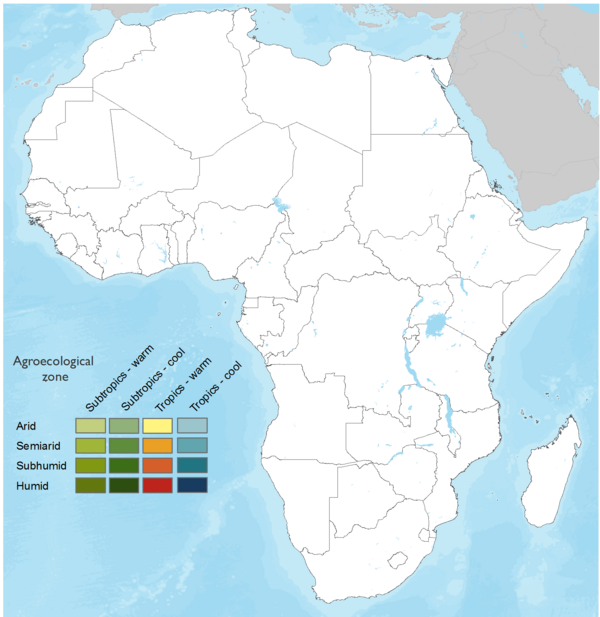











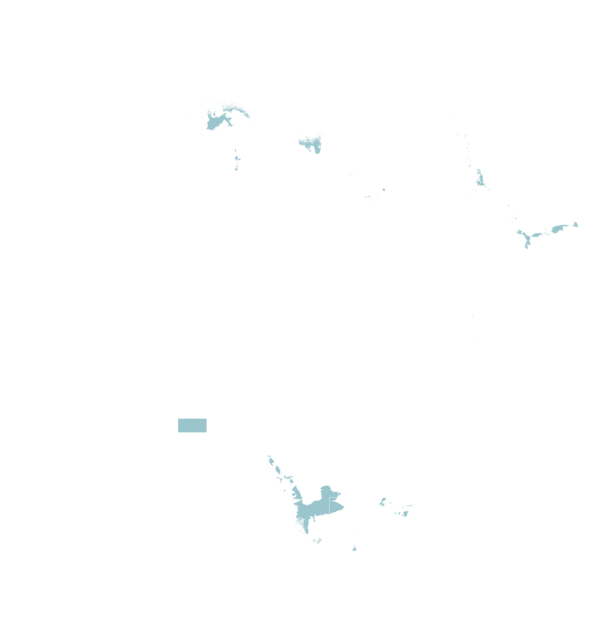

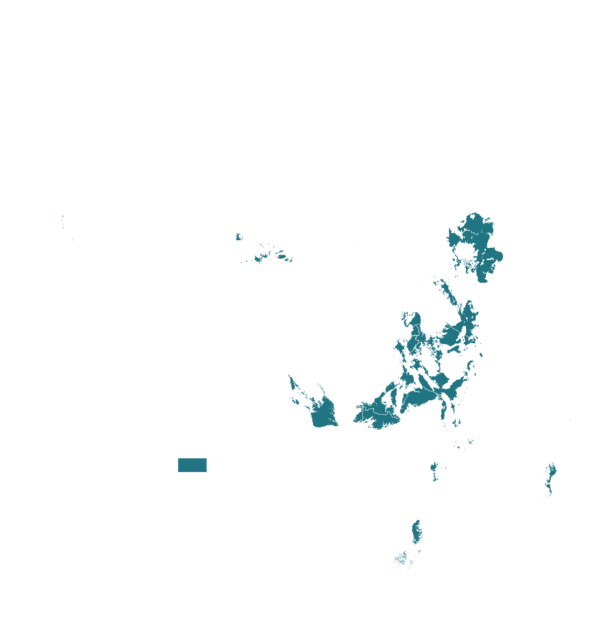

| AEZ | Subtropic - warm | Subtropic - cool | Tropic - warm | Tropic - cool |
|---|---|---|---|---|
| Arid | ||||
| Semiarid | ||||
| Subhumid | ||||
| Humid |
Source: HarvestChoice/IFPRI 2009
The United Nations Sustainable Development Goals that are applicable to this technology.

eProd connects smallholder farmers to markets and financial services, directly improving income opportunities.

Improves production efficiency and reduces losses, supporting food security.

Provides targeted training programs and webinars—such as Africa Grains Online in partnership with Buhler—covering supply chain management, Good Manufacturing Practices (GMP), and compliance with international standards, to build capacity among farmers and agribusiness staff.

Digitalizes agricultural operations, increasing efficiency and supporting job creation.

Provides digital infrastructure for agriculture and drives innovation through partnerships, integration with AI and IoT, and continuous collaboration with sector organizations.

Enables traceability and transparency for safer, higher-quality agricultural products.

Supports climate-smart agriculture by providing and linking datasets for yield forecasting, risk monitoring, and compliance with standards like EU Deforestation-Free data collection.

Promotes sustainable land and input management by integrating soil testing results and providing nutrient advice, helping to prevent overuse of fertilizers.

Facilitates collaboration and knowledge sharing by partnering with organizations such as UNEP, WFP, ITC, FAO, DIASCA, and CGIAR.
The steps to use the eProd system vary depending on the user's role—such as government officials, extension officers, agribusiness managers, or development partners. Each user type has specific responsibilities and needs, which eProd addresses through tailored functionalities. To ensure effective utilization, eProd Solutions offers customized training sessions that align with the unique workflows and objectives of each user group. By contacting eProd Solutions, users can receive personalized guidance and support to maximize the system's benefits for their specific context.
For a demo, please watch this video:
Last updated on 13 February 2026